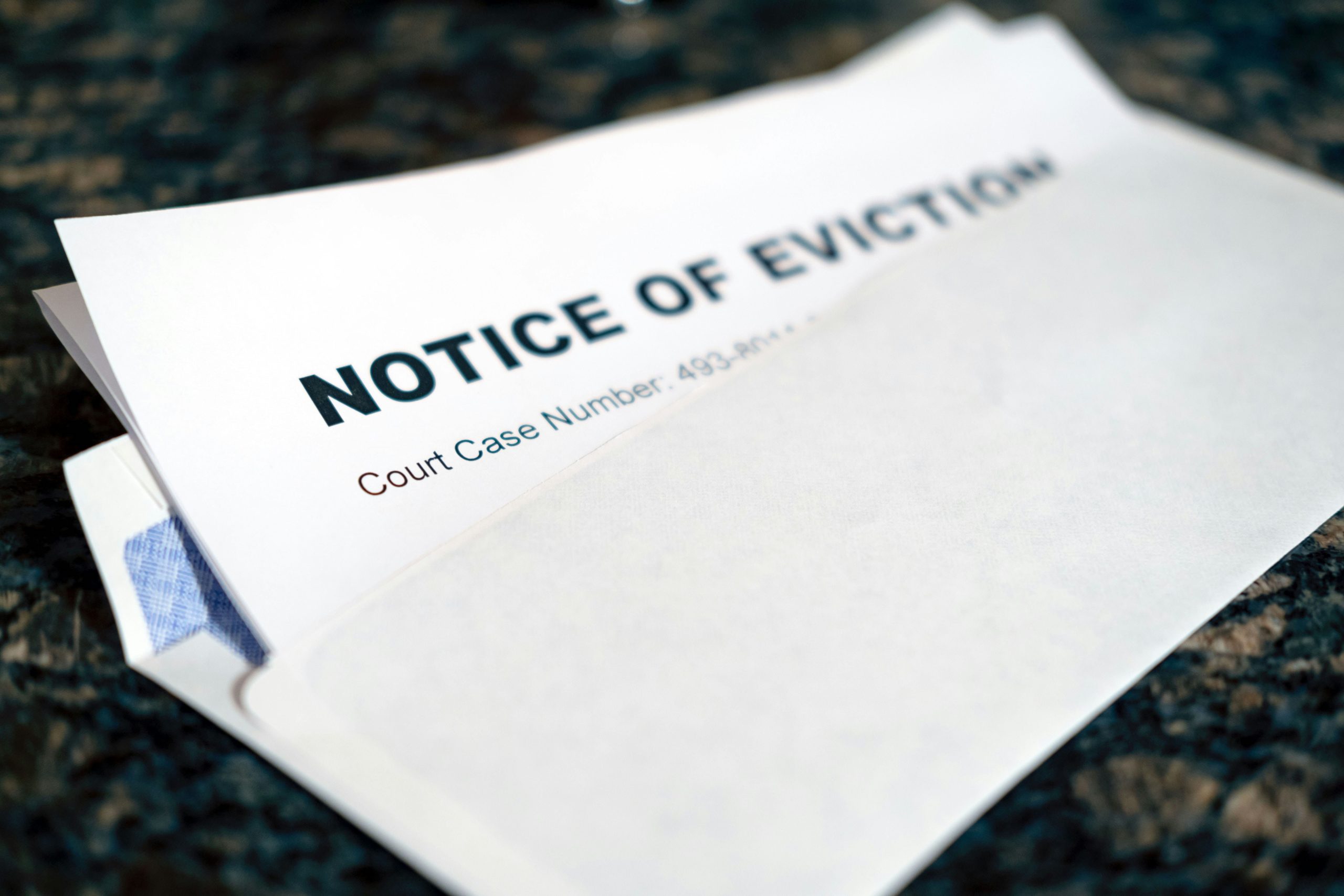Evictions are an important and often challenging part of property law, involving the removal of tenants from a property. This process needs to balance the rights of property owners with tenants’ needs for secure housing. According to the Namibian Constitution, people have the right to acquire, own, and dispose of property. However, owners cannot evict someone without a fair hearing as provided for by Article 80 of the Constitution. This article explains the basic requirements for evicting a tenant.
An eviction is a legal process by which a landlord or property owner removes a tenant or occupant based on the owner’s ownership of the property or a contract. This process ensures that property owners can reclaim their property when tenants do not follow the terms of the lease agreement, fail to pay rent, or otherwise breach the lease agreement. Since eviction is an extraordinary remedy, landlords must ensure compliance with the requirements to be met. In terms of section 32(1) of the Rents Ordinance Act 13 of 1977 (“Rents Act”), the landlord is required to give the tenant at least three (3) months’ notice to vacate the premises. This can be done through a letter of demand. However, it should be further noted that section 35(c) of the Rents Act provides that this only applies to a dwelling (any room, flat, house, or other place occupied by human beings or intended to be so occupied) situated in an area for which a rent board has been established. The default position, in terms of the common law and in the absence of a written agreement, is that 30 days’ notice is considered reasonable notice to vacate the premises.
To legally evict a tenant, a landlord generally needs to prove two main facts:
Rightful Ownership of the Property
The landlord must show that they are the legal owner of the property. This is done by presenting the Court with the Title Deed, indicating that the property is registered in the landlord’s name.
Unlawful Possession by the Tenant
The landlord must demonstrate that the tenant is unlawfully occupying the property. This means proving that the tenant has no legal right to remain on the property. The landlord can prove this by providing the lease agreement and showing that it has either expired, has been lawfully terminated, or the tenant has breached the lease agreement (for example, by not paying rent).
After the landlord has proven these two facts, the tenant has the opportunity to prove their right to stay in possession of the property.
Landlords must follow these legal requirements strictly to ensure fairness and compliance with the law. Given the seriousness of evictions, it is advisable to consult with a legal practitioner. They can assist in preparing the necessary documentation and compliance with the requirements to ensure your rights as property owner are upheld.


